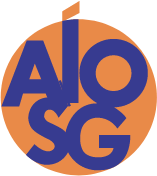Abstract Submission Guidelines
Submission closed
Important Dates
Call for abstracts: opening
16 January 2023
Abstract submission deadline
15 June 2023
Notification of Acceptance
30 June 2023
Last deadline for authors to register
7 July 2023
General Policy
All abstracts must be submitted and received by the 15th of June 2023, using the Online Abstract Submission System.
Notifications will be sent via e-mail to the presenting or the first author listed in the abstract by the 30th of June 2023.
Revisions will not be accepted after the deadline, regardless of whether they concern the submitted abstract’s title, body, or author string.
Each author can submit only one abstract as presenter.
Up to 4 abstracts can be submitted as co-author.
Abstracts must be original and have not been published or presented at any congress before the 34th World Congress of the International Association of Surgeons Gastroenterologists and Oncologists (IASGO) 2023. The accepted abstracts will be published in a supplement issue of ‘Surgery, Gastroenterology, and Oncology’. The journal is indexed in SCOPUS, EBSCO, DOI/Crossref, Google Scholar, SCImago, Harvard Library, Open Academic Journals Index (OAJI), and Index Copernicus and is under review for PubMed indexing.
All abstracts will have a blind review process by the Scientific Committee of the 34th World Congress of IASGO. The results will be announced by the 30th of June 2023, by sending the authors an acceptance/rejection notification e-mail.
The presenter must register as a participant at IASGO 2023 and must be the first author of the abstract. Discounted registration rates will be available for IASGO members.
The Organizing Committee of the IASGO 2023 reserves the right to accept or reject an abstract, to select abstracts for oral, poster, or video presentations, and to assign the presentation to a suitable session. The authors’ preference for the type of presentation and theme will be considered.
Papers can only be sent through the Online Abstract Submission System. Documents sent by e-mail, fax, etc. methods will be rejected. Moreover, abstracts will only be accepted if they contain sufficient information or if English is unacceptable.
All submitted abstracts could be categorized as “clinical studies”, “experimental studies”, and “original case reports”.
A presenter can submit a maximum of (1) abstract to be presented in one of the Study Category listed (Oral, Poster or Video Presentation) and each presenter should be registered to Congress by 7th of July 2023
Abstract presentations should take at max 7 min for Oral Presentations.
For Poster presentations, technical information about the print size or digital format will be published on IASGO 2023 website.
It is the author’s responsibility to submit a correctly edited and accurate abstract. Any errors in spelling, grammar, or scientific fact will be reproduced as typed by the author.
Acknowledgment of the abstract submission receipt will be sent to the Presenting Author’s email address immediately upon submission. The Presenting Author will receive all correspondence regarding the abstract status, presentation type, date, and time via the email provided at the abstract submission.
Abstract Categories
• Advanced Imaging and Interventional Radiology
• Circulating and tissue-based biomarkers
• Consortium for Multidisciplinary Clinical Studies in GI Diseases
• Digital healthcare and Artificial Intelligence
• Gastroenterology
• HPB (Surgery, Oncology and Endoscopic Intervention)
• Infection and Complications in surgery and oncology
• Inflammatory Bowel Diseases Management
• Laparoscopic and Robotic Surgery
• Liver Transplant (Oncological and non-oncological indications)
• Lower GI and Colorectal (Surgery, Oncology and Endoscopic Intervention)
• Molecular Pathology
• New Technology in Surgical Oncology
• Nuclear Medicine
• Nutrition and Lifestyle
• Organizational challenges and healthcare models
• Patients Advocacy
• Prevention of GI Diseases
• Radiotherapy
• Rare GI tumors (Neuroendocrine Tumors, GIST, and Sarcomas)
• Supportive and palliative care
• Targeted Therapy and Immunotherapy
• Transplant Surgery (Oncological and non-oncological indications)
• Upper GI (Surgery, Oncology and Endoscopic Intervention)
Abstract Submission Guidelines
The abstract must be written and presented in English.
Abstracts must contain original data and meet international ethical standards.
The abstract title and the author(s) or names of institutions are not to be included in the abstract text.
Instructions for Preparing Abstracts
Please read the following instructions carefully before preparing your abstract.
To ensure that the Abstract Submission System will work properly, the pop-up blocker of your internet browser needs to be turned off, and cookies should be enabled.
Abstract authors should keep data separate to create several abstracts from one data set. If splitting is deemed to have occurred, the abstracts will be rejected.
1. The Title of the Abstract:
The title of the abstract must be less than 20 characters.
Identifying information such as author or institution names should not be included in the title.
2. Abstract Format
• A maximum of 300 words are allowed for each paragraph.
• Images and tables may NOT be included in the abstract.
The abstract must be split into the following sections:
Background and Purpose: a statement of the hypothesis or research question
Material and Methods: an explanation of the study design and experimental methods used
Results: a concise summary of the significant findings of the experiment or study. Sufficient data must be provided to permit evaluation by the reviewers and public reading the abstracts. Statements such as “the data will be discussed” are not acceptable.
Conclusion(s): summary of the overall findings and the importance of the study.
Keyword(s): a tool to help indexers and search engines find relevant papers
The maximum number of authors is 15.
Abstracts should not contain proprietary or confidential information.
All signing authors and investigators are responsible for all studies concerning national legislation, international legislation and ethical guidelines regarding human and animal studies.
Failure to adhere to these rules will result in the automatic rejection of the abstract.
Video Submission Rules
Please submit the textual abstract along with your video, following the Abstract Format instructions above.
Video must be submitted online through a link where the author has previously submitted the video. Any type of link can be submitted. Please be aware that the link must be open to allow the evaluation of the abstracts.
Videos must include verbal narration. Narration must use generic terms, and no use of commercial/proprietary names is allowed. Videos must be at most 7 minutes, together with video slides in length.
Videos will be rated based on the surgical procedure’s relevancy, the video’s production quality, value as a teaching aid for inclusion in the ACS Video Library, and adherence to the submission guidelines.
Please be sure your video(s) comply with the following instructions:
1. Video must be an original production, in final edited form with a clear voice-over in English, connecting the narration with images shown. The video should not exceed 7 minutes, and background music is not accepted.
2. Display the video title, name of the surgeon(s) and co-authors, an institution where the surgery was performed, and the location (city, state/country) at the beginning.
3. Any conflicts of interest are to be shown on a disclosure slide following the title slide.
4. Videos submitted with identifiable patient information or features will be rejected. Please obscure the patient’s name on any images, remove personal information and blur the patient’s face if it is not part of the procedure.
5. If the information is about a clinical case, the narration must provide information about the subject, such as medical history, diagnostic workup and outcome. If the information is about a particular procedure, the video must address the components of the procedure and include information that addresses the various surgical techniques.
6. Do not use copyrighted images, illustrations or videos unless you are the copyright holder.
7. Ensure that text graphics are legible when the video is rendered to its final format.
8. External views of laparoscopy should be recorded with a video camera if possible and not with the laparoscope. When recording laparoscopy, use smoke evacuation to optimize image clarity using energy devices. Be sure to record laparoscopic videos in the highest quality possible.
Video Abstract Requirements
The abstract requires a 300-word summary of the video content, 5 keywords related to your video and must highlight one educational or technical aspect addressed by the video. It would be best if you also chose the category most accurately reflects your video topic from the above table named abstract categories.
Presenting Author
Only authors listed in the author string can present at the time of submission. If one of the listed co-authors cannot present the study, the Organizing Committee will have to withdraw the video from the program.
* If you have any problem submitting your abstract through the online system, please get in touch with the Abstract Submission Team at iasgoabstract@thetriumph.com



